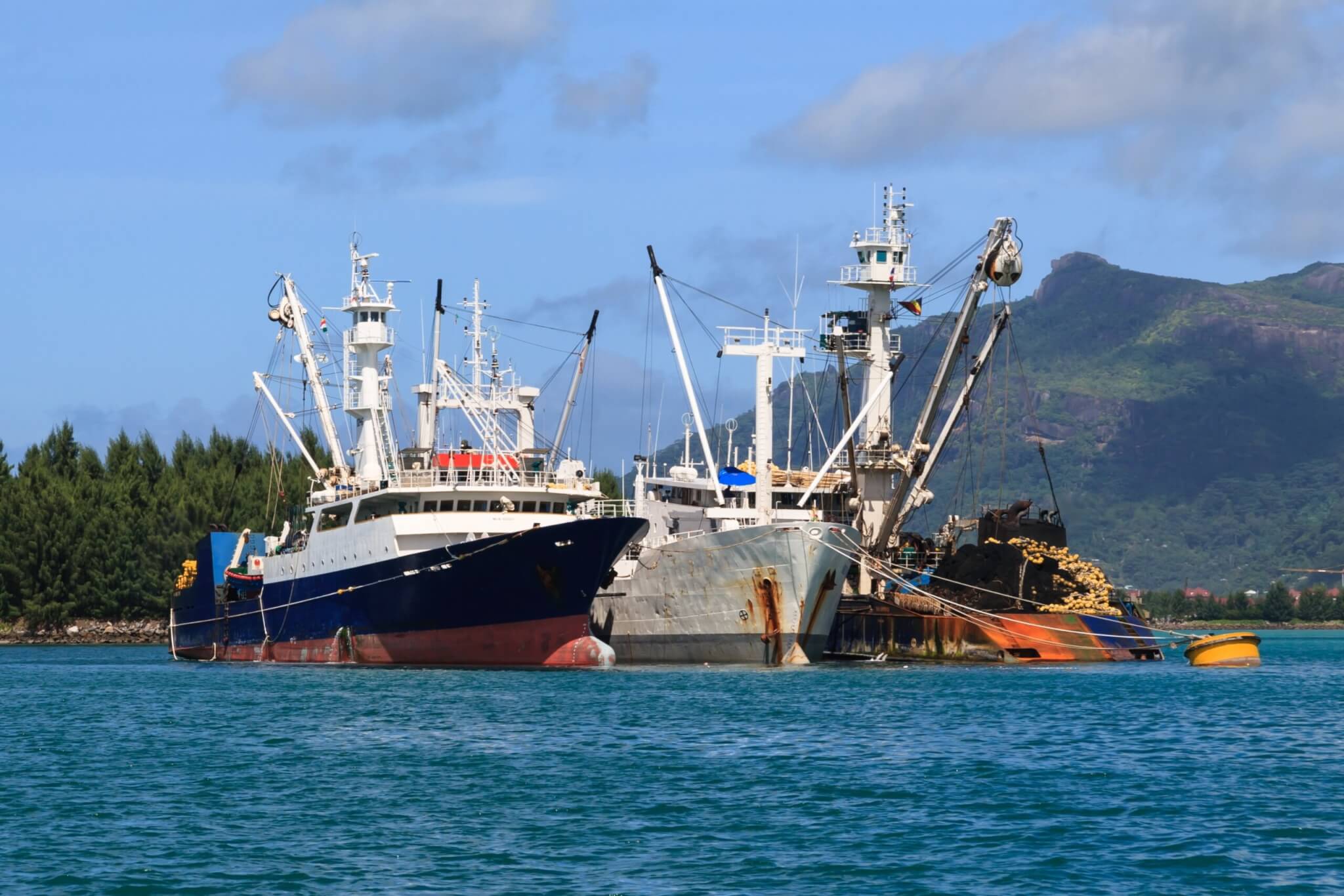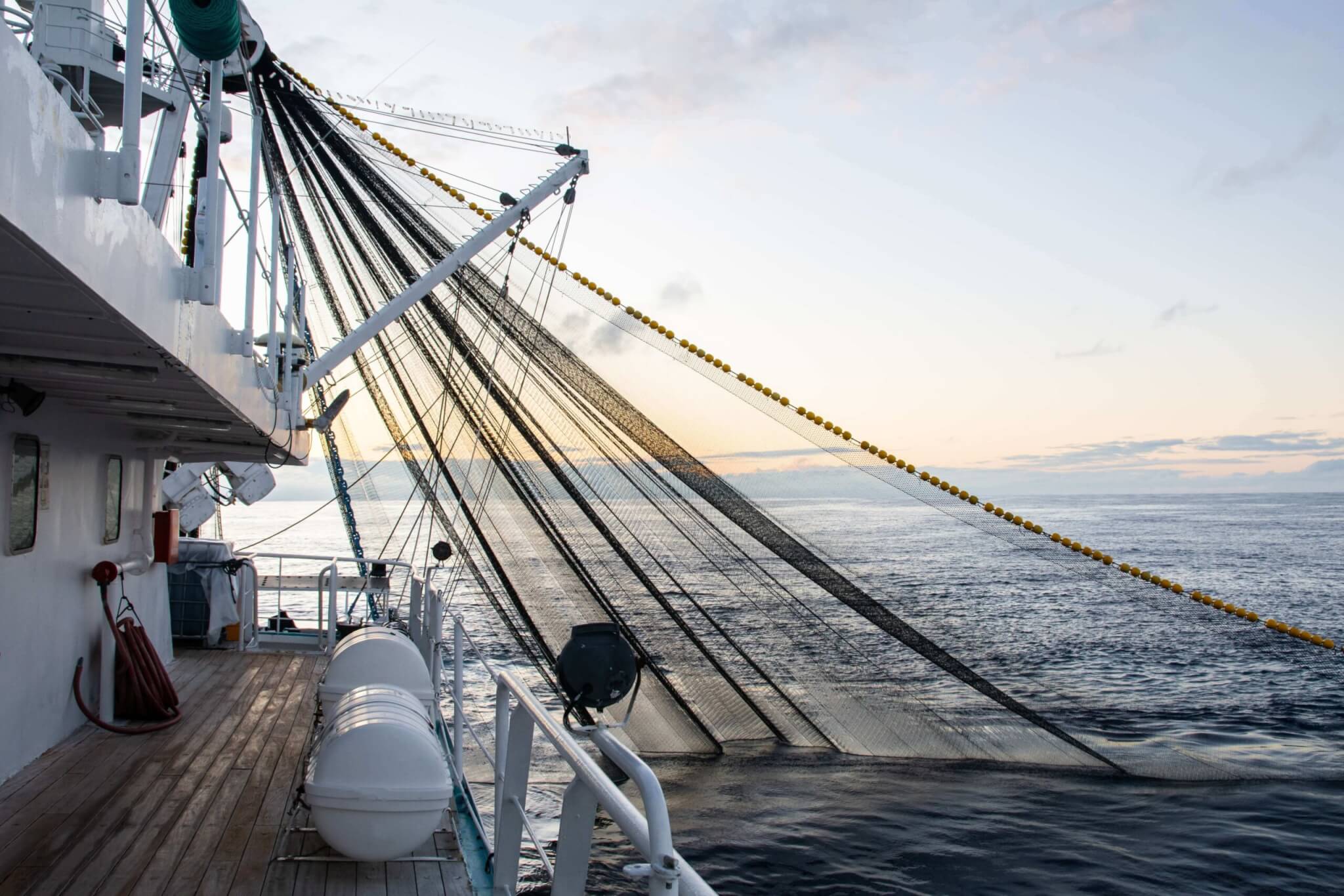
ISSF Sponsors Global Contest to Reward Marine Science Scholars’ Innovative Ideas for Sustainable Tuna Fishing
March 10, 2020 update: We’ve awarded the contest prizes. Read our press release and blog post, and watch our video interview with the Grand Prize winner.
Marine-science graduate students and postdoctoral researchers interested in helping to pioneer the next generation of sustainable tuna fishing initiatives — especially to reduce bycatch and protect ocean ecosystems — are invited to submit their ideas to the first-ever International Seafood Sustainability Foundation (ISSF) Seafood Sustainability Contest.
The contest opens today to eligible individuals and teams worldwide, who have until midnight December 31, 2019, to submit online entries. Competition judges will announce one $45,000 Grand Prize winner and one $10,000 Runner-Up Prize winner on February 28, 2020. The Grand Prize includes a trip (airfare and travel expenses paid for) for the winning individual or team representative to attend a major tuna sustainability conference or event selected by ISSF, with the potential to present the winning idea to diverse stakeholders. Watch a video about the contest.
Up-and-coming #marine #scientists with innovative #conservation ideas are invited to participate in the ISSF Seafood #Sustainability #Contest. #DecadeOfDiscovery Share on XTuna species provide a critical source of food and nutrition, economic benefits, and employment opportunities throughout the globe. Tuna comprise a massive 5 percent of the total worldwide fish trade and help contribute to a value chain estimated to be worth $42 billion, making it among the world’s most valuable fish. Commercial tuna fishing, regardless of the fishing method, must be practiced and managed as sustainably as possible to prevent overfishing and to protect other marine species and ocean ecosystems that can be impacted by commercial fishing practices.
Contest Launches 10th Anniversary Celebration
The ISSF Seafood Sustainability Contest inaugurates the commemoration of ISSF’s first “decade of discovery” (2009-2019), which has been marked by productive partnerships with marine scientists, seafood companies, vessels, Regional Fisheries Management Organizations (RFMOs), charitable foundations, retailers, and fellow NGOs.
“Ten years ago, ISSF formed out of a shared vision and commitment that more could be done — and needed to be done — for the protection and long-term sustainable use of tuna stocks,” said ISSF President Susan Jackson. “A great deal has been accomplished over that time period, and we’re proud of the legacy we’ve built as ambassadors for science and as collaborators with the diverse collection of NGOs, foundations, retailers and fishers working in this space. Our tenth anniversary Seafood Sustainability Contest will allow us to tap into a talented pool of up-and-coming marine science students. We can’t wait to dive into their ideas, and are eager to support potential solutions that result from it.”
Conservation Topics for Contest Entries
To complement and enrich ISSF’s scientific program — which encompasses at-sea research, skippers workshops, and technical reports, for example — the Seafood Sustainability Contest seeks innovative proposals for achieving one or more of these goals in tropical tuna purse-seine fisheries that use Fish Aggregating Devices (FADs), which harvest most of the world’s tuna:
- Reducing the bycatch and fishing mortality of sharks
- Reducing the bycatch and fishing mortality of marine mammals
- Maximizing the catch of skipjack tuna in FAD sets while minimizing the catch of yellowfin and bigeye tuna (Skipjack stocks are at healthier levels of abundance than yellowfin and bigeye stocks)
- Reducing the impacts that lost FADs can have on ocean ecosystems and habitats, such as beaching and pollution
A panel of five judges composed of experts from academia and the fishing industry will determine the winners based on the originality of the idea, conservation impact, impact on skipjack catches, degree to which idea has been tested, feasibility of industry-wide implementation, and cost effectiveness.
Before preparing and submitting entries to the Contest, participants must read the official rules. (No purchase necessary. Void where prohibited.)
A Decade of Discovery
In 2009, acclaimed scientists, leaders in industry, and environmental champions launched the International Seafood Sustainability Foundation (ISSF) based on shared concerns about the future of global tuna fisheries and a desire to do something about it — together.
ISSF has worked for the long-term conservation and sustainable use of global tuna fisheries through its three pillars of Science, Influence, and Verification:
- Tuna Conservation: Through regular Status of the Stocks Reports, ISSF creates a window into tuna-stock assessments on a global scale for management, science, and conservation interests.
- Bycatch Mitigation: Through at-sea research, ISSF-supported scientists uncover new lessons, develop ideas and solutions, and implement strategies and tactics for bycatch mitigation. ISSF develops and disseminates their discoveries and best practices through global Skippers Workshops.
- Seafood Company Compliance: ISSF evaluates participating company compliance with all ISSF Conservation Measures – including an emphasis on traceability from product to processing facility to fishery to vessel – and communicates those results publicly to promote transparency.
- Advocacy: Along with NGO partners and other allies, ISSF regularly advocates for critical new RFMO measures to improve global conditions around IUU fishing, deployment of monitoring, control and surveillance technology, harvest control rules, increased observer coverage, and improved data collection.
- ProActive Vessel Register: Through the ProActive Vessel Register (PVR), ISSF manages and updates a publicly accessible database of 1,000+ vessels, across all gear types, committed to transparency in their adherence to science-backed and auditable fishing practices.
ISSF launched a new 5-year Strategic Plan in 2018, which formalized support for fisheries improvement activities. Visit the Strategic Plan microsite to learn more.


